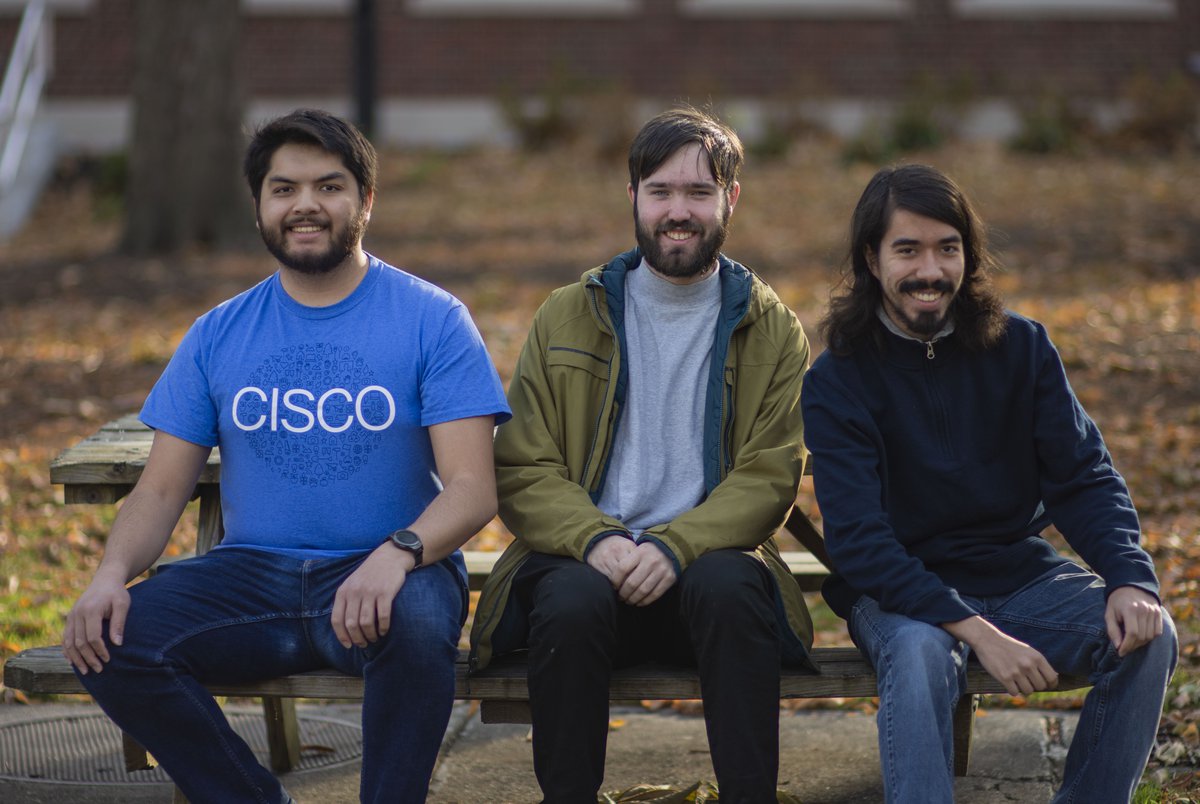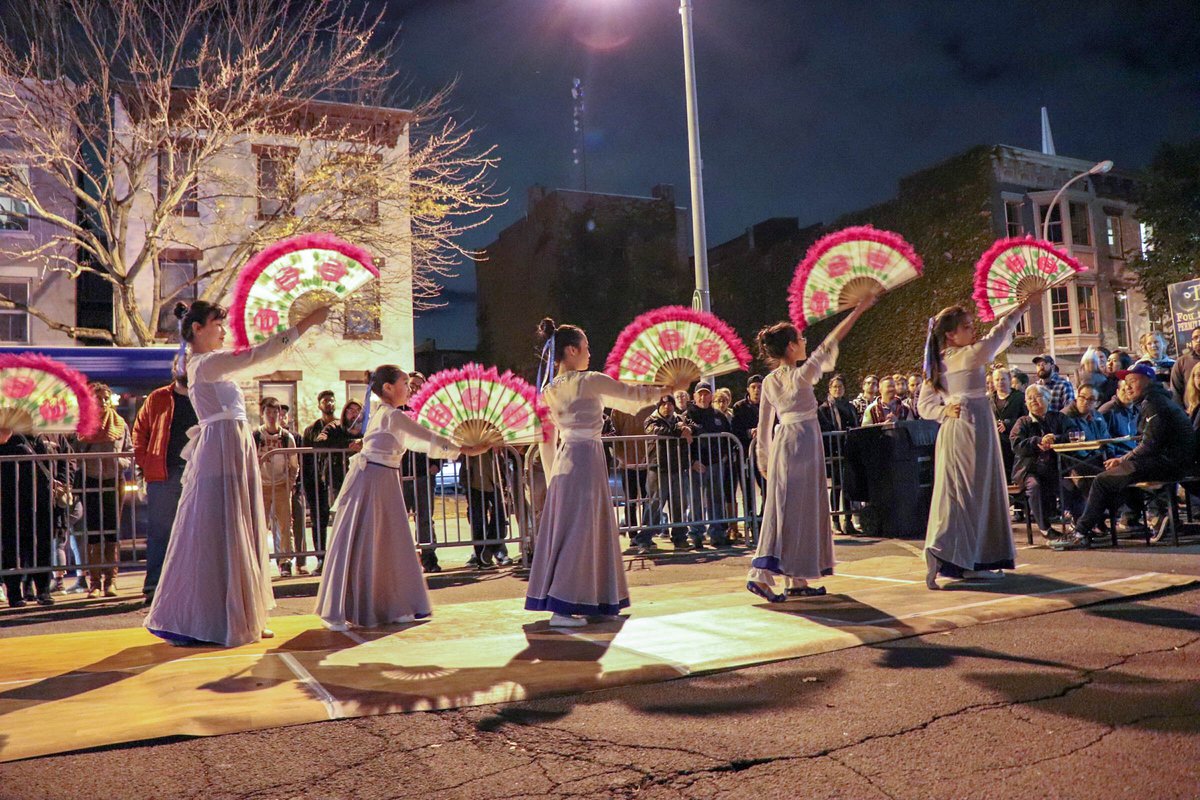Campus event sheds light on ethical allyship
On November 12th, the Multicultural Leadership Council and the Society of Asian Scientists and Engineers partnered together and hosted an event about ethical allyship. The purpose of the event was to spread knowledge about how to be an ethical ally. Presenters included Director of Multicultural Programs Chenthuran Jayachandiran and Assistant Director and Lecturer at the Archer Center Audrey Scranton. New to the topic of ethical allyship, I left the presentation with a greater understanding of the term and its application.
There were multiple points discussed that I feel are very important to mention. The first was allyship. This term deals with how someone may intervene or act when seeing another person in danger or discomfort. An important distinction to make is that allyship is used as verb, or an action that happens temporarily. You cannot permanently earn the title of “ally,” but rather become one only in the moment you act. This places an emphasis on the situation at hand, and not on the person being the ally; you become an ally to help someone, not to gain an identity.
Another point made was that educating yourself about peers’ experiences is crucial. This eliminates any instances of overstepping boundaries when conducting ethical allyship. Without proper cultural knowledge, you cannot know the best way to handle a delicate situation. It is best to listen first before acting. Lastly, if you do choose to act as an ally, you cannot take a break from this work. Allyship is best done by those in privilege, and it is not acceptable to act as an ally only out of convenience. If you are privileged, either by race, gender, or any number of other factors, it is your duty to use that privilege to better the disadvantaged community.
As I listened to this presentation, I came to the realization that most of us in attendance were not the intended audience. I believe that this is an important matter regardless of your cultural background, however, the intended audience seemed to be white, male peers. The majority of the students that attended the discussion didn’t fit this demographic. The word privilege was being thrown around a lot, and more specifically, elevated privilege. My biggest takeaway was that I may not be able to be an ally on campus because, in many situations, I am not privileged; my work as an ally won’t benefit someone as much as it would if it had been done by a white male.
Because of it’s importance, I believe the dissemination of this information needs to be improved. More students need to be aware of what ethical allyship is and should perhaps be required to attend seminars like this one. That way, more of us are educated on campus and hopefully will be able to be proper allies. All this being said, if you care about your peers and your community, please be sure to check out more events on campus of this nature!

 STUDENT EVENT
STUDENT EVENT
